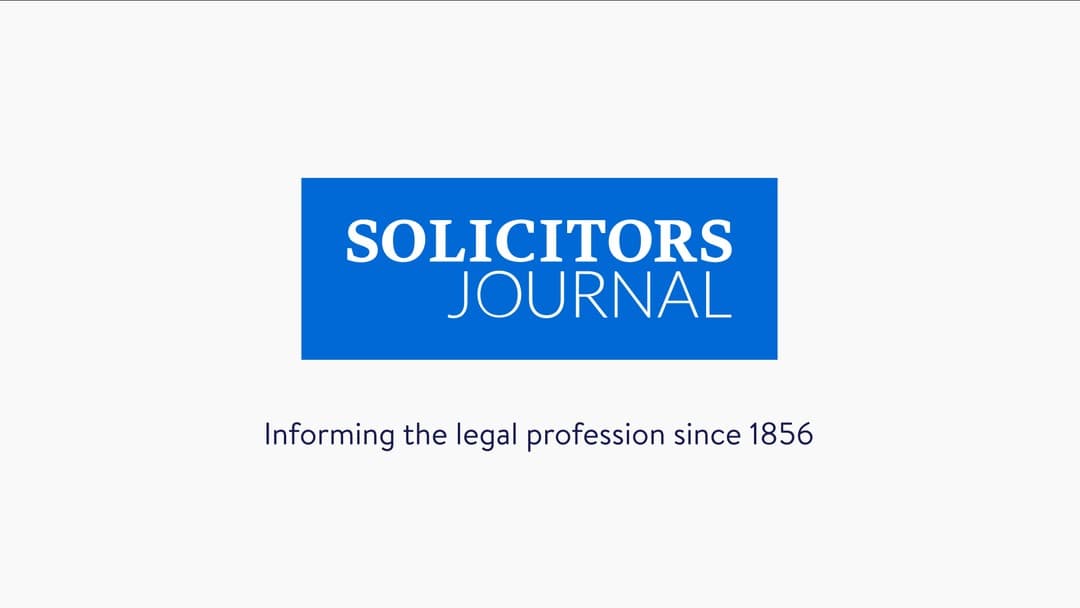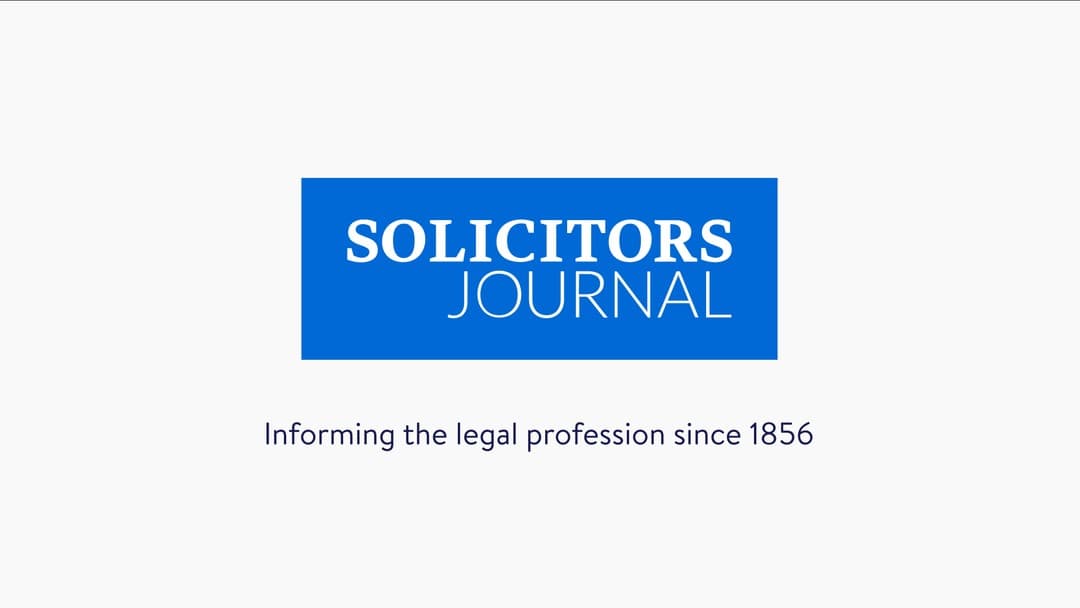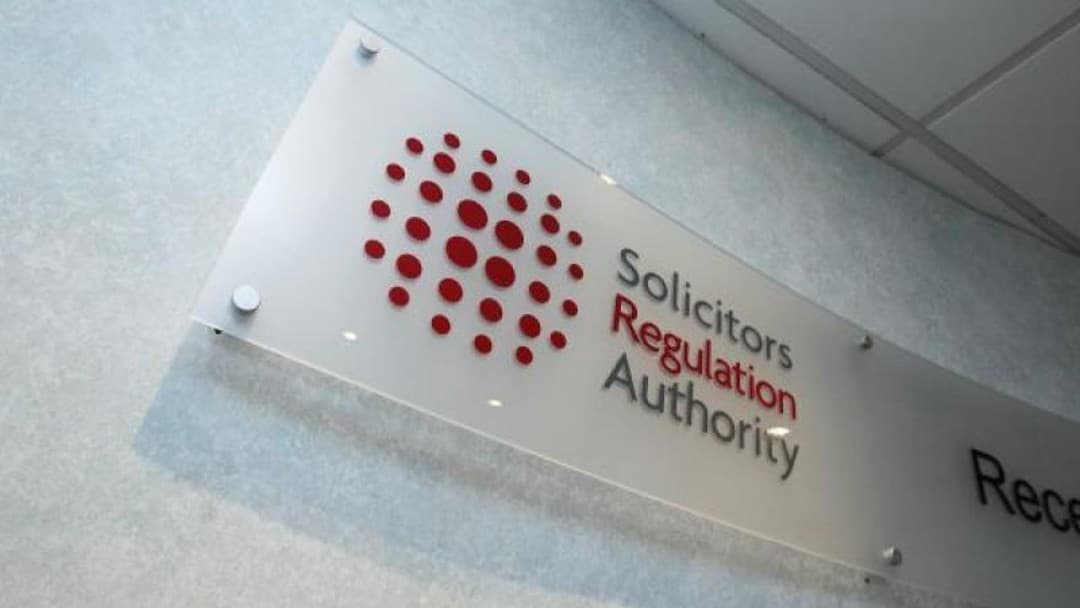
Archive


Right to be forgotten no justification for internet censorship, Google warns

Beyond the hype: New developments in BYOD and the cloud

Automating e-discovery: The end of lawyer input on document review?

BT Law targets corporate clients after gaining ABS status

High Court rejects RTA fee cut challenge

Editor's blog | Tribes at war

